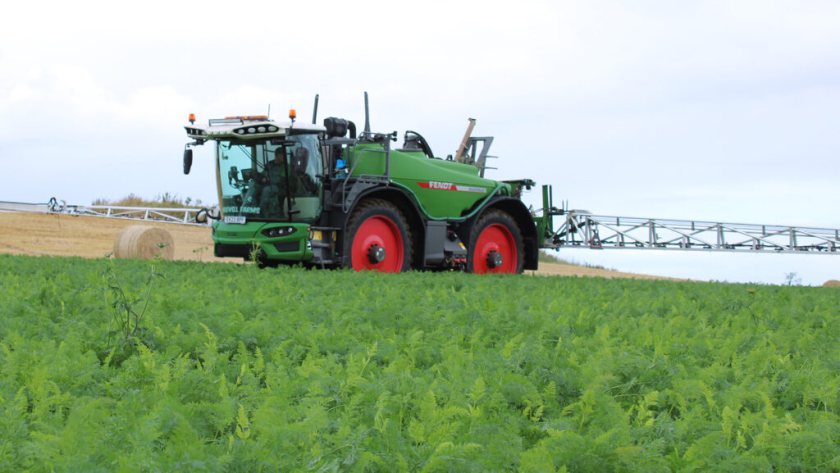
Confusion is growing among farmers as Sustainable Farming Incentive (SFI) rules blur the line between banned silica insecticides and permitted silicon biostimulants.
The government-backed scheme, part of England’s post-Brexit Environmental Land Management (ELM) programme, rewards growers who commit to sustainable practices for three years — but its strict ban on certain chemical treatments has left many unsure where silicon fits in.
The SFI rules clearly prohibit silica insecticides, but some producers have mistakenly assumed that silicon biostimulants fall under the same restriction. According to agronomist Mike Stoker of Orion Future Technologies, that is not the case.
“Silica is a common alternative to chemical insecticides. However, it is not permitted under the SFI scheme,” Mr Stoker said. “The use of silicon biostimulants that make silicon plant-available and have the potential to alleviate abiotic stresses such as drought, salinity and heavy metal toxicity can still be used.”
Stoker explained that the confusion stems from the similar names, though the products act in fundamentally different ways. Silica insecticides are designed to kill pests, while silicon biostimulants help plants access silicon through monosilicic acid, boosting resilience rather than acting as pesticides.
Silicon biostimulants, he added, can help crops take up not only silicon but also other essential nutrients. “Helping plants to absorb more silicon strengthens the cell walls of the plant and helps root growth, which can lead to higher yields,” he said.
“The plant is also able to absorb other nutrients such as boron, calcium and iron, which also help improve resilience against common stresses.”
With a dry summer behind them and a mild autumn extending pest threats, Stoker warned that SFI-compliant land is likely to be under greater strain than usual.
“Aphids and CSFB are a threat this autumn, so using silicon products will help establishing plants to thicken cell walls and increase leaf hair density to discourage biting pests,” he said.
“With the ground still very dry in some parts, the use of silicon can help plants to grow deeper-seeking roots faster, which will help the plant find moisture.”
Stoker urged policymakers to refine the wording of SFI guidance to prevent further misunderstanding. “There is confusion over the use of silica pesticides and silicon biostimulants,” he concluded.
“Silica must not be used on SFI, but silicon biostimulants can be used as a biological way to strengthen plants against environmental pressures.”
As the SFI continues to evolve, clearer communication on product categories could help farmers avoid costly mistakes and make the most of the scheme’s sustainability goals.
